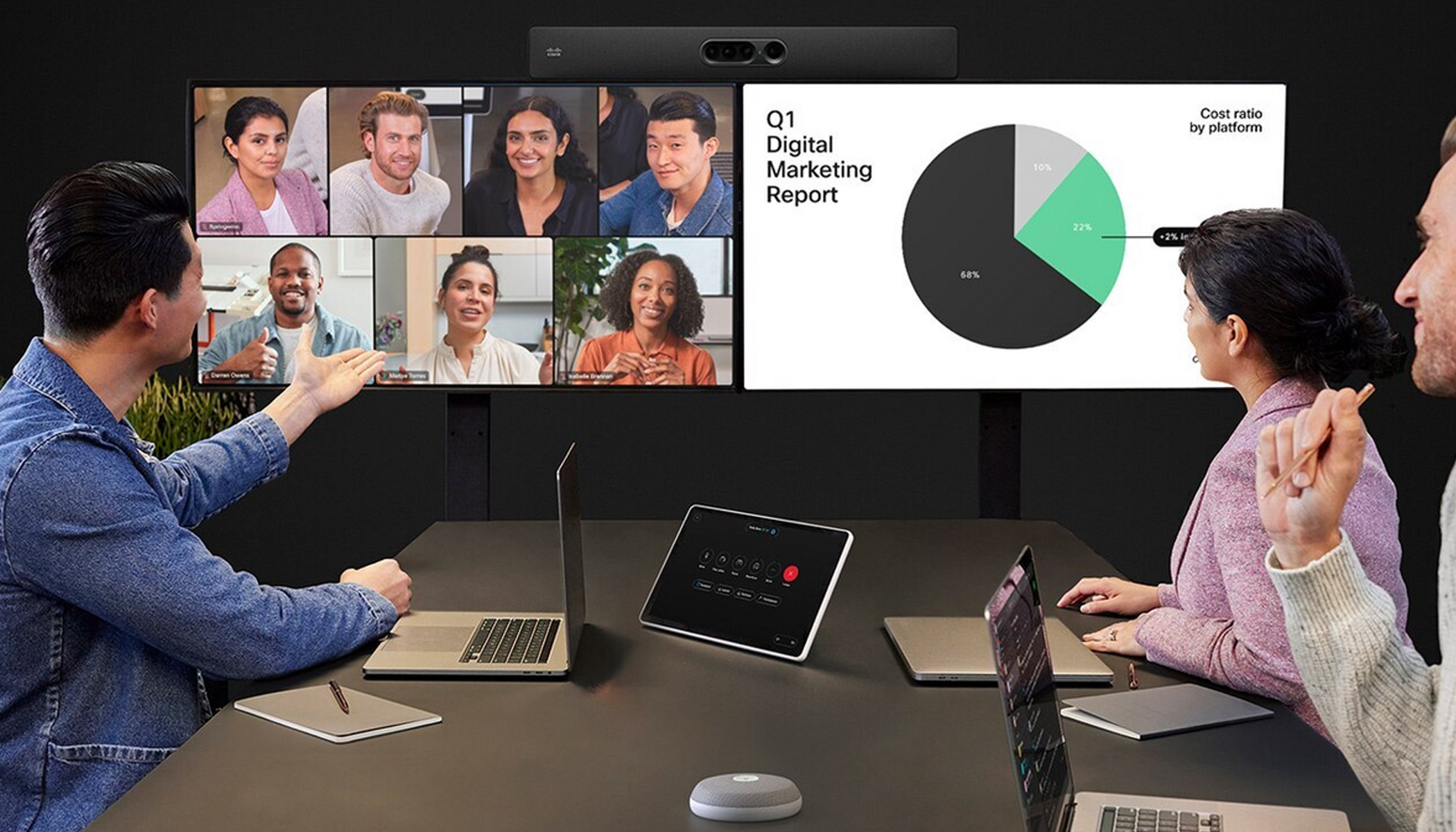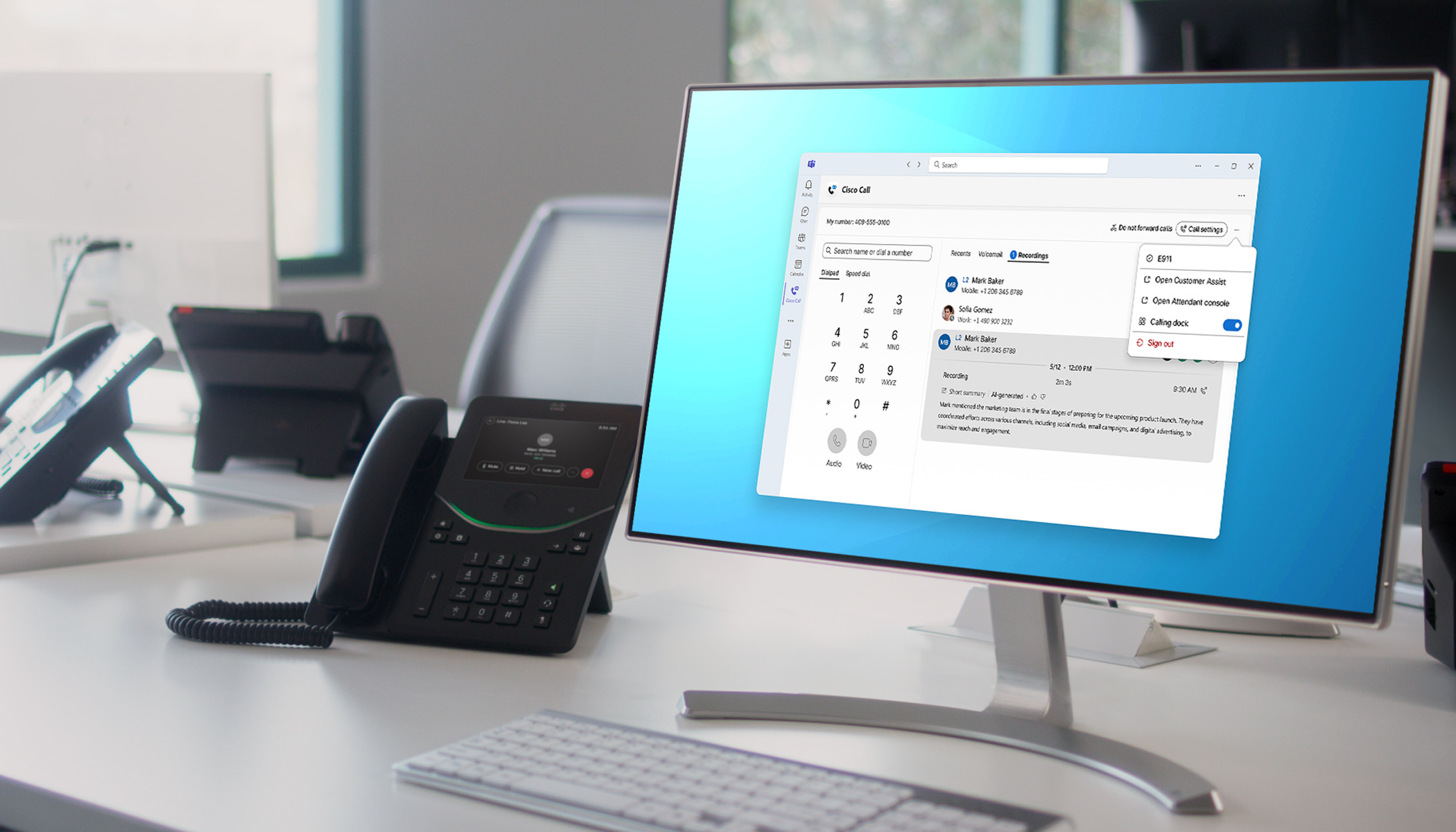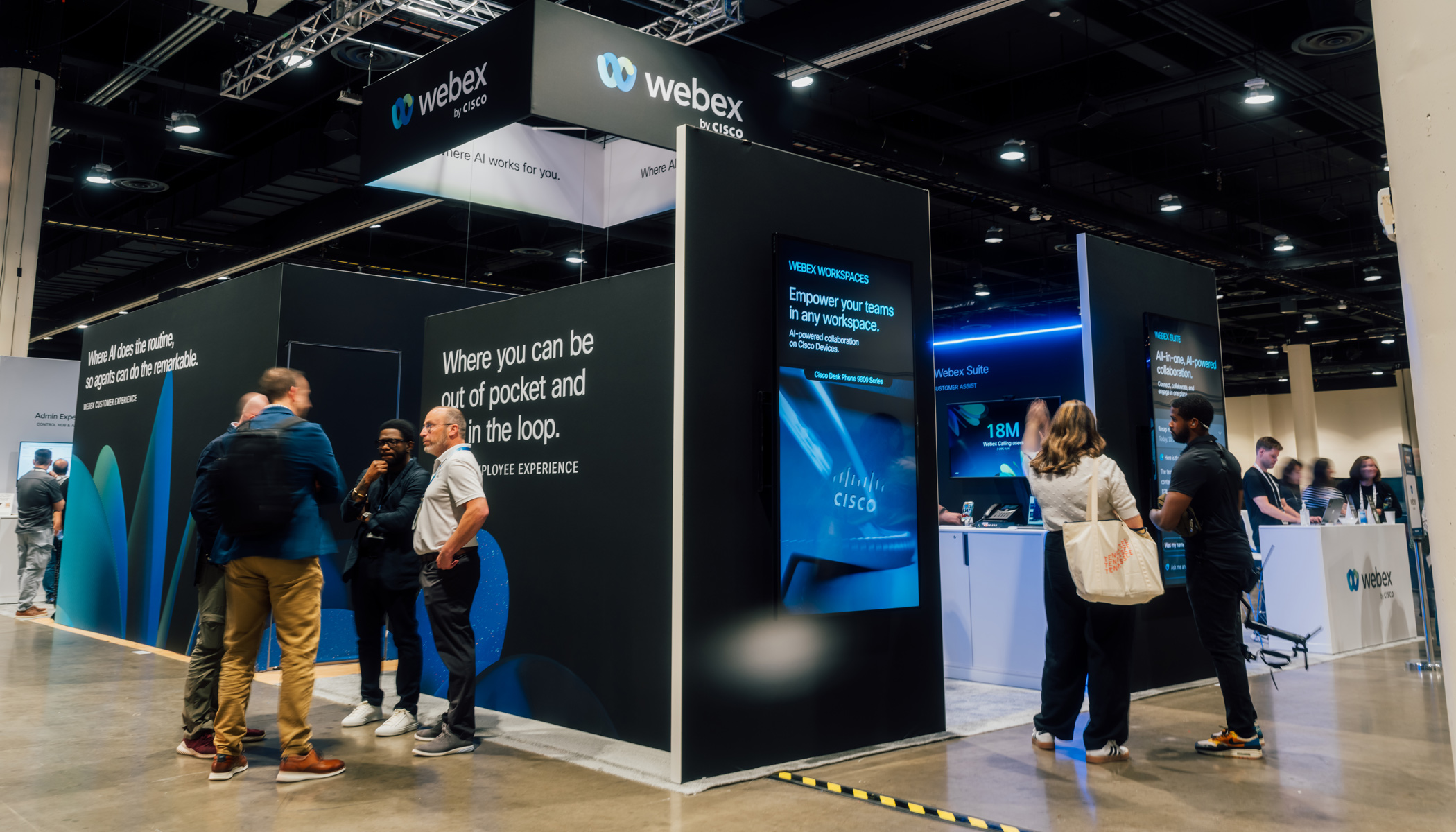Bad Wi-Fi Can Lead to Bad Video Experiences
The difference between the Wi-Fi networks in our homes and our offices are like night and day. It wasn’t so bad when we occasionally worked from home but now that the world has shifted to remote work and millions are faced with overwhelmed networks and spotty Wi-Fi, the less-than-optimal experiences have become glaringly clear. High-Quality Video
In the office, we were fortunate to have IT behind the scenes, ready to deploy Wi-Fi in a scalable way; with calibrated coverage, so the right signal strength is monitored to have the least amount of packet loss, latency, or jitter. But at home, many of us are at the mercy of our Internet providers, with basic and diverse network set-ups, sometimes characterized by dead zones, upload bandwidth limitations, and saturation due to multiple users on the same Wi-Fi. If my home is any indication, someone watching Netflix, streaming music, or playing Grand Theft Auto V on PlayStation can often hog upload bandwidth and derail my meetings.
4 Webex Features for High-Quality Video
Webex has always been a leader in delivering comprehensive communication and collaboration for our customers. We’ve done a lot to make sure Webex brings rich, high-quality experiences for everyone – wherever your work happens. Being remote shouldn’t be a barrier to being connected and getting work done. Here are some cool features we recently delivered to make sure you get an exceptional experience, even when you have a less-than-ideal network.
1. Tolerance to bursty packet loss
In many home Wi-Fi setups, we’ve seen a short burst of high packet loss, sometimes, up to 50%. In these conditions video and audio quality suffer. With our new, highly resilient codec implementation, we’re able to deliver fluid video and crystal-clear audio even under such extreme conditions.

2. Video super-scaling on client side
When you don’t have a way to send HD video, our clients are now smarter and automatically upscale video on the client side. With intelligent super-scaling of 360p and lower video, we’re able to deliver 720p-like video quality. This feature works on Mac and will be rolled out to Windows users soon.

3. Region of interest encoding
Sometimes when resources are maxed out, you have no option but to reduce resolution to maintain smooth video experience. The region of interest encoding in Webex focuses on the most important regions within a video frame, like a person’s face. This means that even when with limited bandwidth is available, we can still deliver an HD-quality experience by making sure that the important parts of the frame look better, whereas background might be slightly lower quality.
4. Adaptive frame rates
We now reduce frame rate dynamically to still provide crystal clear video. We do this by skipping frames that would have otherwise been imperceptible to the human eye. This helps us better deal with packet loss or jitter, so that you don’t see lower resolution video.
More to Come
Soon you’ll see us implement the AV1 codec in meetings, further reducing the amount of bandwidth we use. As laptops and mobile phones get progressively faster, we’ll also blend our cloud as well as client-side processing to deliver the best quality experience no matter where you are working.
At Cisco our teams are laser-focused on creating the best meetings experiences in the industry. These are just a few of the many innovations we’ve delivered to make sure everyone can participate in high-quality video meetings, no matter where they work. Stay tuned – you’ll see more in the coming weeks.
If you want to check out Webex for your business, reach out for more information or get started with our free offer today.
Learn More





